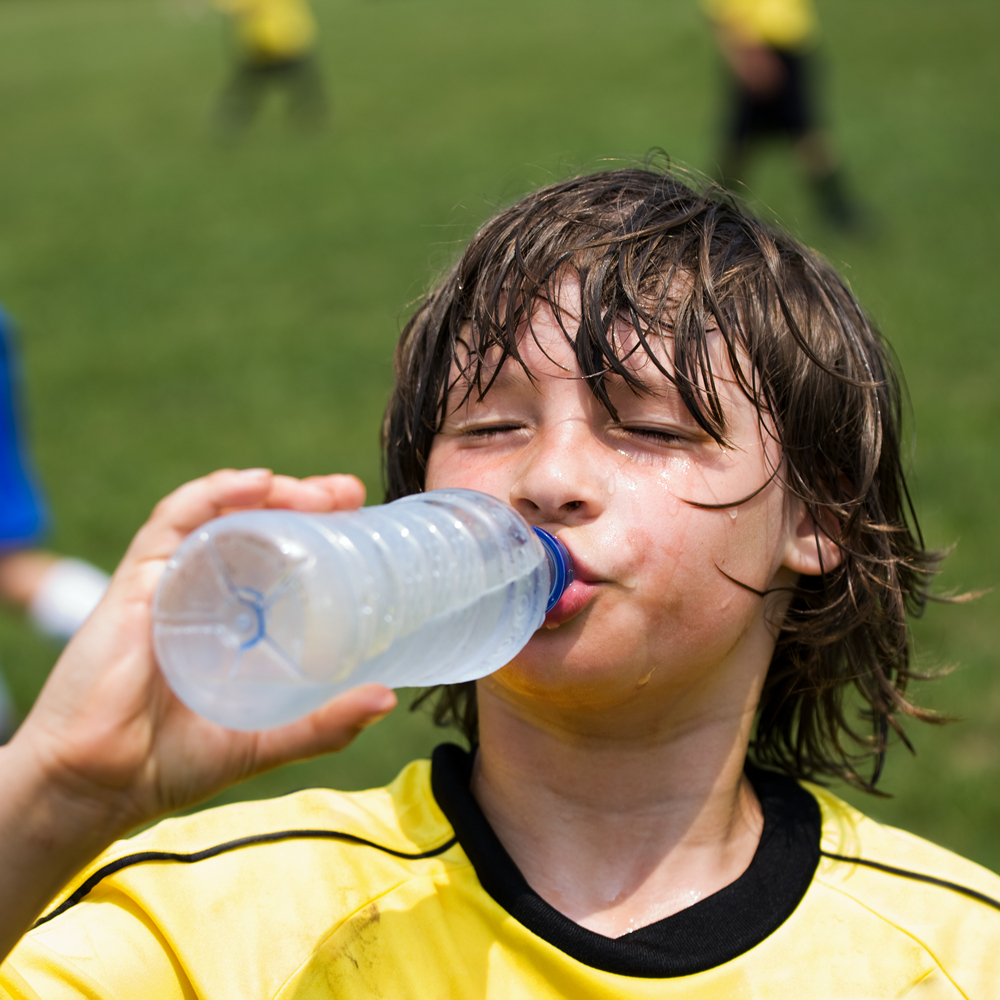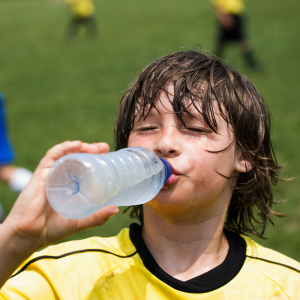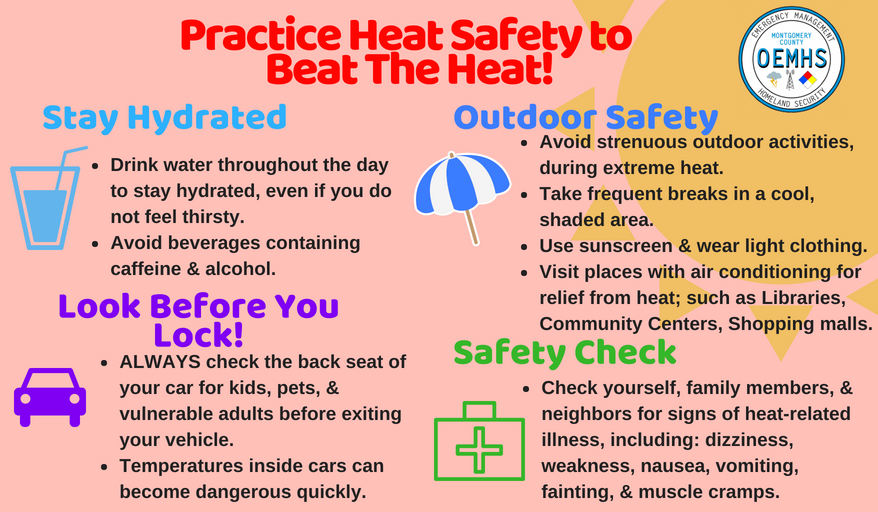
Beat the Heat During the Dog Days of Summer
 With high temperatures forecast to remain in the 90s for the next week, finding ways to stay cool and taking precautions to avoid heat-related illness this summer are essential.
With high temperatures forecast to remain in the 90s for the next week, finding ways to stay cool and taking precautions to avoid heat-related illness this summer are essential.
The heat can be especially dangerous for those at risk including the elderly, the young, those with existing medical conditions and those that work outdoors.
The Office of Emergency Management has four strategies to beat the heat and keep everyone safe.
First, stay hydrated. While staying hydrated is essential all year long, it is particularly important when temperatures soar. Remember to drink water throughout the day. Avoid beverages containing caffeine and alcohol.
Next, look before you lock. Motorists should always check the back seat of their car for children, pets and vulnerable adults before leaving the vehicle. Temperatures inside cars become dangerously high quickly.
Outdoor safety is the third strategy. Obviously, try to avoid strenuous activities outside during hot days. Take frequent breaks in a cool, shaded area. Use sunscreen and wear light clothing. Visit places with air conditioning to get relief from the heat. Suggestions include libraries, community centers, and shopping malls.
Finally, check for signs of serious heat-related illness. Symptoms include dizziness, weakness, nausea, vomiting, fainting, and muscle cramps.
Three illnesses associated with excessive heat are heat cramps, heat exhaustion, and heat stroke. Know the signs of each illness and the action to take.
Heat Cramps
Signs: Muscle pains or spasms in the stomach, arms, or leg.
Actions: Go to a cooler location. Remove excess clothing. Take sips of cool sports drinks with salt and sugar. Get medical help if cramps last more than an hour.
Heat Exhaustion
Signs: Heavy sweating, paleness, muscle cramps, tiredness, weakness, dizziness, headache, nausea or vomiting, or fainting.
Actions: Go to an air-conditioned place and lie down. Loosen or remove clothing. Take a cool bath. Take sips of cool sports drinks with salt and sugar. Get medical help if symptoms get worse or last more than an hour.
Heat Stroke
Signs: Extremely high body temperature (above 103 degrees) taken orally; red, hot, and dry skin with no sweat; rapid, strong pulse; dizziness; confusion; or unconsciousness.
Actions: Call 911 or get the person to a hospital immediately. Cool down with whatever methods are available until medical help arrives.
Learn more about the warning signs and symptoms of heat-related illness at the Centers for Disease Control and Prevention.


Engage us on Facebook
Follow us on Twitter
Tweets by @mymcmedia